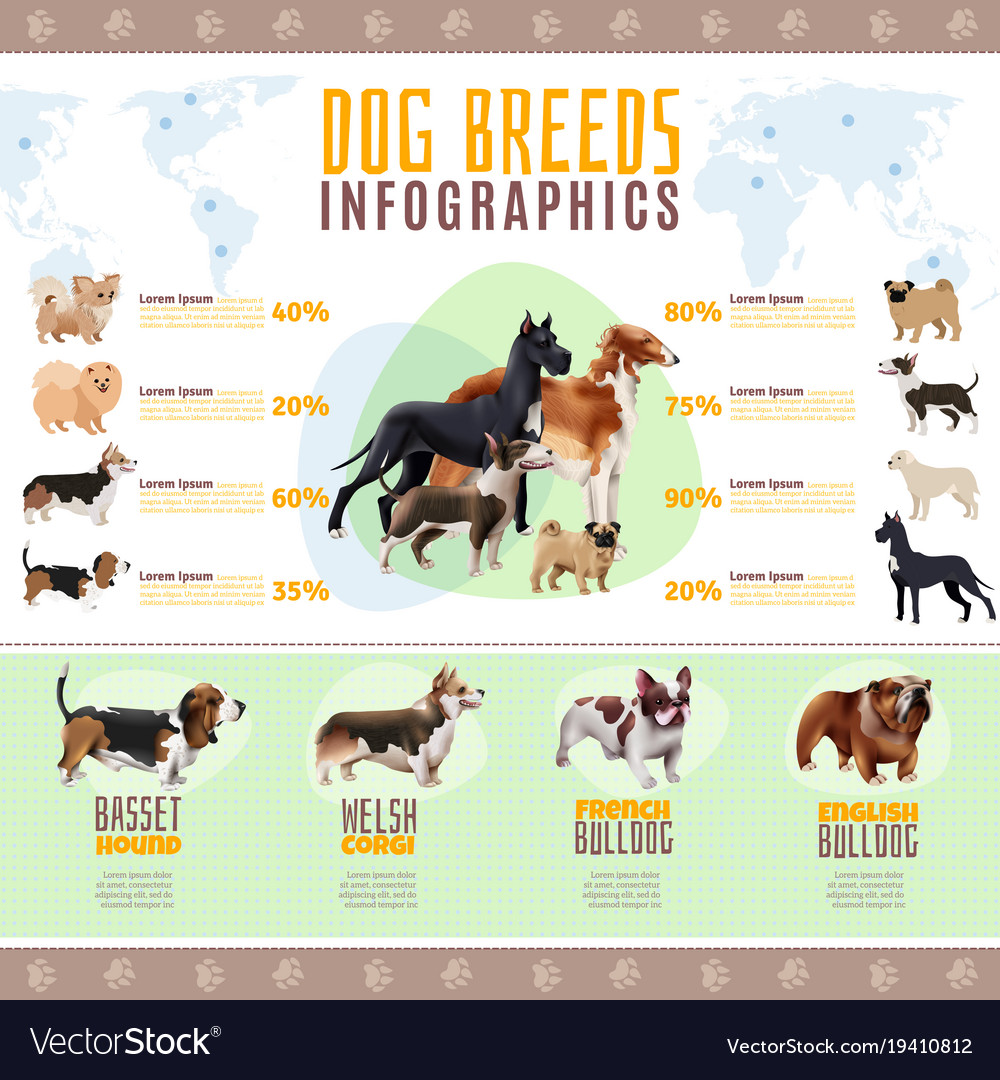First Day At Dog Daycare Tips
First Day At Dog Daycare Tips
Blog Article
Can Pet Dog Childcare Reason Illness?
Pets in day care obtain great deals of exercise, socialization with various other pet dogs and distinct experiences. This can be particularly handy for pups and canines with behavioral concerns.
There are a number of legal factors to consider you require to take into account when starting a doggy day care organization. These consist of the structure of your business and compliance with government guidelines.
1. Pooch Distemper
Canine distemper is spread out via straight contact with the bodily fluids and waste of an infected canine, however it can likewise be transferred using common water and food bowls or via air-borne droplets. This highly contagious disease is most harmful for young puppies, however it can influence pets of any kind of age and is deadly for most if left untreated.
Initial symptoms of canine distemper typically simulate a cold, consisting of drippy eyes and nose with watery or pus-like discharge. As the illness proceeds, a pet dog will certainly create high temperature, coughing, minimized cravings, throwing up and looseness of the bowels. The infection can additionally strike the nerves, causing seizures, shivering and partial or full paralysis.
Trustworthy childcares lower direct exposure to infection by calling for inoculations, regular health examinations and comply with stringent health procedures. If your puppy seems overly tired or limping, a day of rest might aid him recoup, yet you must prevent taking him back to day care up until these signs clean up.
2. Kennel Cough
Kennel cough, additionally called transmittable canine tracheobronchitis or Bordetella, is an extremely infectious viral or bacterial disease that affects the respiratory system. It's frequently moved with the exchange of saliva or air droplets that a sick pet breathes out. Social pet dogs are at higher risk for infection as a result of their constant communication with one another, such as when they play, share food or water, sniff one another or merely fulfill in a congested atmosphere like a dog park or daycare.
One of the most typical symptom of kennel coughing is a relentless and strong coughing dog boarding daycare that sounds like something embeded the throat or retching. Commonly, pet dogs will cough up foamy white phlegm. If left without treatment, a canine can develop pneumonia and go to severe danger for life.
A reliable daycare center must have strict cleansing and cleanliness procedures, sanitize all playthings, food and water bowls frequently, and be open regarding their vaccination plans. Keeping your dog as much as date on their inoculations, particularly for bordetella and canine influenza, will greatly minimize their possibilities of getting the disease.
3. Parvovirus
Canine parvovirus, or parvo, is a highly transmittable viral disease that can be deadly for pups and young adult pets with bad immune systems. It's most frequently spread by direct contact with infected dog feces-- which can take place when pet dogs sniff, lick, or preference infected feces-- and indirectly from contaminated individuals, objects, or settings (like kennels, grooming rooms and grass). Puppies and pets without total inoculation histories are especially prone to parvo.
The virus is exceptionally durable, enduring in the atmosphere for approximately nine years, and can easily be moved in between pet dogs by contact with feces or on footwear, clothes, and bed linens polluted with parvovirus. If not dealt with instantly with IV liquids, electrolyte balance, vomiting control drugs and antibiotics to stop secondary microbial infections, a canine will swiftly dehydrate and create severe looseness of the bowels, which results in shock and blood poisoning. Parvo is challenging to treat once a canine has actually become ill, yet with suitable vet treatment, numerous pups do survive this ailment.
4. Canine Flu
Pooch influenza infection is highly infectious and spreads via direct get in touch with, sharing food and water bowls, licking or nuzzling various other dogs, with air-borne droplets, and with infected surfaces. Inoculation works in decreasing the danger of infection and episodes.
Many influenced dogs establish a light respiratory infection with a coughing that lasts 1-3 weeks. They might also have nasal and eye discharge, sneezing, and sleepiness. Some of the most severe cases lead to pneumonia and a high fever.
If your pet dog shows any of these signs, do not bring them back to childcare until they are healthy. If your pet dog is showing signs of severe exhaustion or limping, speak to your veterinarian right away and make certain they get on good health supplements to assist develop their resistance. A vet will assess your pet dog for signs and symptoms of the flu by taking a sample from the nose or throat, and blood examinations can be done to verify.